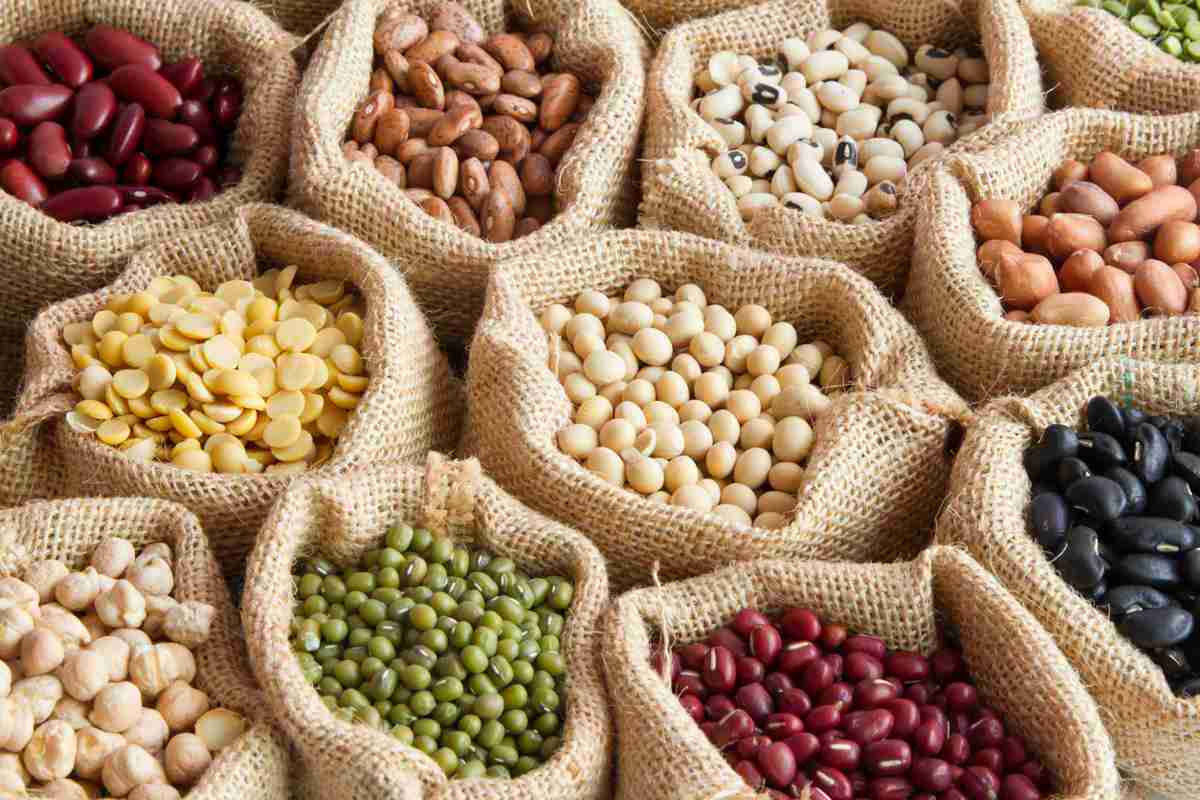Ayurveda is based on a belief that everything in the universe is composed of five elements: earth, ether, fire, water and air. These combine to form three internal forces, or doshas: pitta, kapha and vata.
Here's what you need to know about the calm kapha dosha. Want to know which dosha you are? Take our quiz.
Understanding kapha
Kapha's elements are water and earth, and the phrase that best sums up kapha is 'laid-back'.
Kaphas take their time to do everything, valuing the status quo and mulling things over for a long time before making a decision. If you're a kapha you'll recognise that you're a slow eater, slow walker and deep sleeper.
Physical traits of kapha
A Renaissance-style beauty – curvaceous figure and pale skin – is very kapha in a woman. Kaphas are recognisably well built and thick set, with a tendency to gain weight easily. You're the type to declare that you only have to look at a cake and you'll pile on the pounds.
You can be a moderate weight and build and still be predominantly kapha (and if you're a vata-kapha, you could well be thin), but, since any excess weight is slow to shift, obesity is a classic tell-tale sign of a kapha imbalance.
The kapha personality
Slow and steady, kaphas have the strongest stamina of the doshas – and your steadiness flows through every aspect of your personality. You're likely to have a slow and deliberate speaking manner, and to be calm, self-contained and unruffled.
It takes a lot to make you angry and your instinct is to maintain peace around yourself. As in everything else you do, you're slow to part with things, meaning you save money and store possessions.
As a kapha you're also naturally affectionate, tolerant and forgiving. This is an earthy dosha, and kapha women are natural earth mothers, rarely shaken in a crisis.
Pitfalls of kapha
Kaphas have a high pain threshold, which means they are slow to go to the doctor, but when they do need medical help it is most likely because of an issue brought on by weight gain (a sign of kapha imbalance), or chest or sinus conditions.
Kapha controls moist tissues around the body, and this means that an imbalance will result in issues like sinus congestion, chest colds and allergies.
The slow-acting side of kapha can make you complacent, even when your dosha is balanced, and stress can trigger any kapha's natural inclination to procrastinate. If someone is going to be late for the party, it is the kapha!
Greed and overattachment are negative sides to this dosha, along with stubbornness, laziness and lethargy. If you are a kapha, you need to make an effort to seek out stimulation and progress in your life to bring out your vitality. Stagnant situations encourage inertia, and a lack of exercise, overeating, and repetitive work can cause your dosha to spiral out of control, bringing out the worst in you.
The kapha diet
The golden rule for kaphas is 'Eat less than you think you want to.' Kaphas easily overeat and gain weight without trying. Their digestion is slow and sluggish and their sweet tooth encourages this.
If you're a kapha, you'll need to make a conscious effort to avoid the sugary foods you're naturally drawn to. To balance your metabolism, start your day with a glass of warm water, and eat more pulses, vegetables and lean protein casseroles. Stick to two meals a day, with your evening meal four hours or more before you go to bed.

Kaphas often overeat and gain weight easily, and should eat more vegetables, pulses and lean protein casseroles.
The kapha sleep cycle
Kaphas love their sleep! But, while we all need to get a good night's sleep, too much sleep can unbalance kapha, encouraging the negative sides to the dosha. Make an effort to stick to an eight-hour night – it's too easy for you to sleep for longer than this.
Use natural light to wake you up in the morning. If you find it hard to get going, as many kaphas do, do a few rounds of the yoga sun salutation, or go for a walk outdoors, to invigorate you and help to reset your circadian rhythm.
Kapha lifestyle
Kapha's steady energy and stamina exceeds those of other doshas, and you are slow to tire. You can take on heavy jobs, and – when you're in balance – you'll remain energetic right through to the late evening. To prevent sluggishness and inertia from setting in, try steady exercise, such as swimming or long-distance walking. These will appeal to your stamina and help offset the weight gain that can come all too easily to you.
Kapha balancing herbs
Kapha is balanced by pungent, astringent and bitter tastes, explains Dr Prasanna Kerur, Ayurvedic physician at the Ayush Wellness Spa in Jersey. "Try ginger, cloves, cinnamon, cardamom, turmeric, cumin, black pepper, peppermint, tulsi, liquorice, and fenugreek." Boswellia and black seed oil are also known to balance kapha.
Read more about Ayurveda here.
"Always seek medical advice before taking a herbal remedy if you have a known medical condition, or you are taking other medicines."






